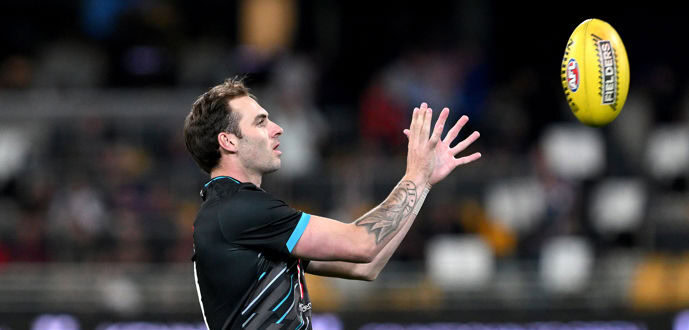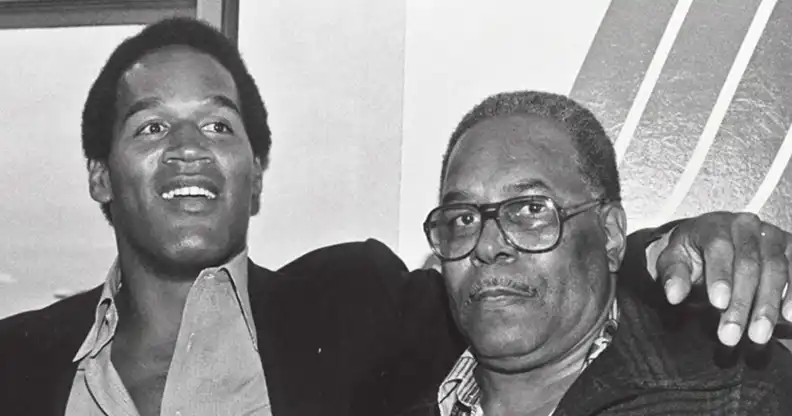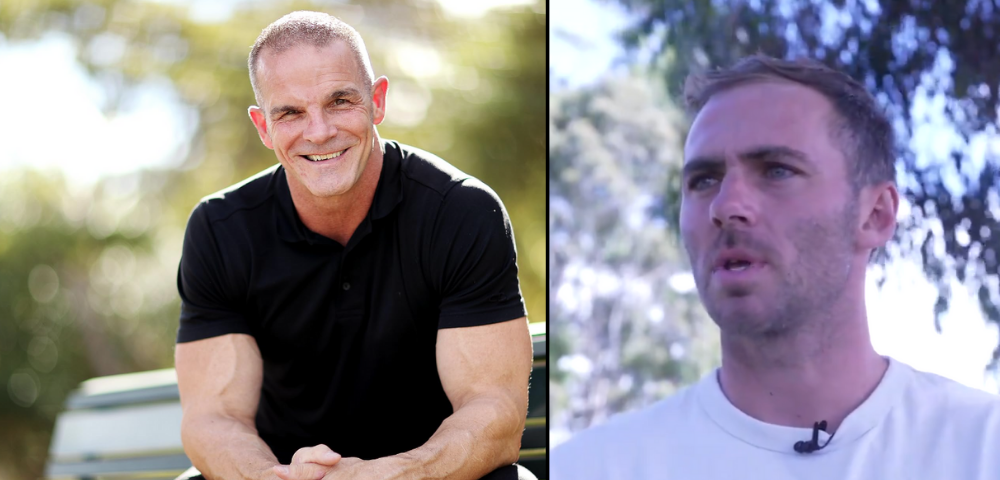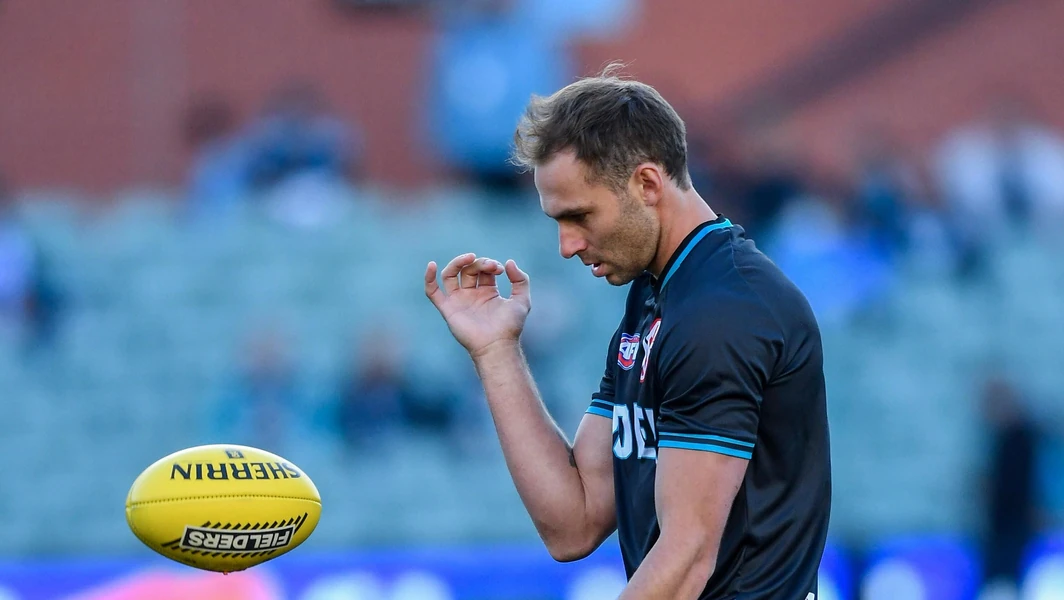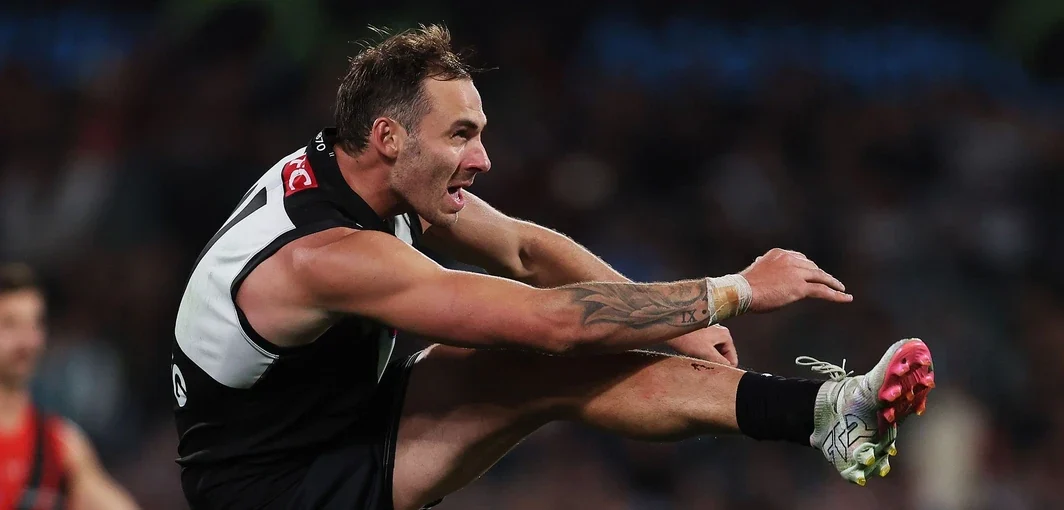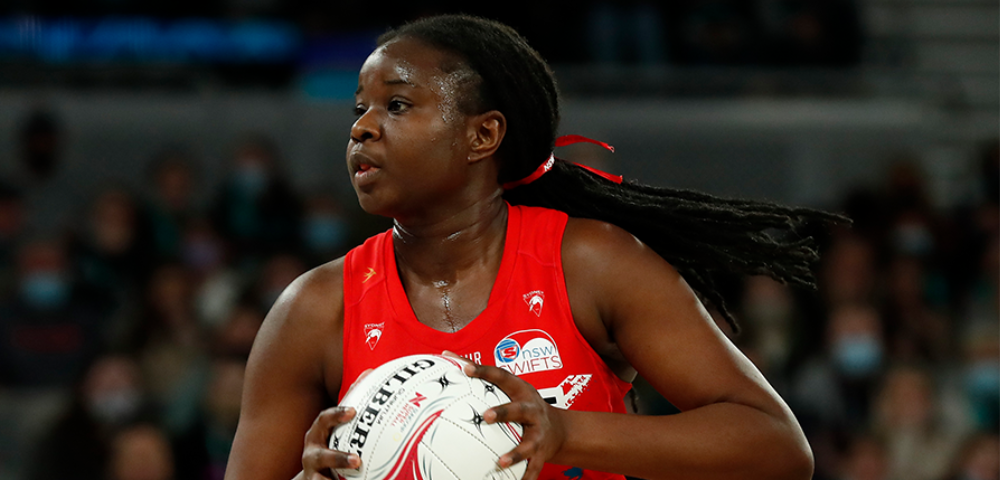
Team Melbourne pushes global boycott for unified LGBTI sporting event
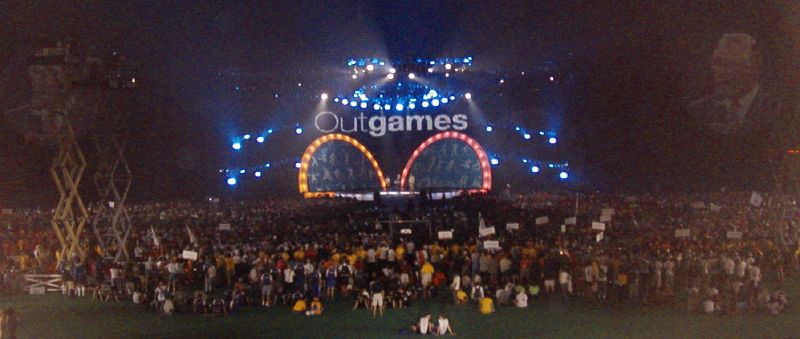
LGBTI sports organisation Team Melbourne is putting pressure on the two major international LGBTI sporting bodies to form a unified world event, 10 years on from their initial, acrimonious split.
The One Games initiative launched by Team Melbourne aims to force the Federation of Gay Games (FGG) and the Gay and Lesbian International Sporting Association (GLISA) to combine their events, the Gay Games and the Outgames.
The Gay Games date back to the inaugural 1982 event in San Francisco, while the first Outgames in Montreal in 2006 came out of disagreements in the lead-up to the planned 2006 Montreal Gay Games between FGG and local representatives over the budget and scale of the event.
At an impasse, FGG re-awarded the 2006 Gay Games to Chicago, while Montreal established the World Outgames, held just one week after the event in Chicago. GLISA was created as the governing organisation of the Outgames, which include regional Outgames held separately from the global event. A human rights conference is also held alongside each Outgames.
Team Melbourne have said they will support Gay Games and Outgames up until the last announced event, the Paris 2018 Gay Games, but will refuse to bid or support any bid for a host city beyond that, for either games.
Team Melbourne spokesperson Dan McManus said three international events occurring within a year from 2013–14 prompted the boycott, arguing the competing events split the community, forcing them to choose.
The World Outgames was held in Antwerp last August, with the Asia-Pacific Outgames coming up next month in Darwin and the Gay Games in Cleveland in August.
“Having lower numbers from teams going really does affect team spirit locally, especially when people have to choose [between the games],” McManus told the Star Observer.
“Also for the cities running the events, if you’re getting people attending you’re getting less numbers, less funds, therefore it’s less likely to be a successful event, then therefore other cities who would like to bid don’t have a history of a successful event to get government funding.”
McManus stressed Team Melbourne did not support one event over the other, only wanting FGG and GLISA to negotiate a unified games.
The organisation’s ideal outcome would be a unified games every four years, with regional games every four years in between. McManus said retaining the regional model as well as a unified games was vital for more geographically isolated countries like Australia, and for organisations with limited funds.
Team Melbourne aims to build further support for their boycott, with sister organisation Team Sydney to consider their position at a board meeting next week.
There appears to be broad global support for a unified event, and the boycott is one of a number of similar initiatives from LGBTI sporting organisations around the world. 1QE4ME is one, a European-founded campaign for an FGG/GLISA-led unified games.
Both FGG and GLISA have said they support a unified games, and while GLISA said they support Team Melbourne’s initiative, they do not believe it changes their position.
“We have been working towards [a unified games]. We have been taking it seriously, we have reached out to the Federation of Gay Games. There was an initial meeting earlier this year,” President of GLISA Asia-Pacific Barry Taylor told the Star Observer.
“We welcome the initiative from Team Melbourne, but our official response has been, you need to be lobbying FGG. GLISA have been putting the word out, we’re energised, we’re prepared to work with them, we’re waiting now on FGG.”
FGG spokesperson Paul White told the Star Observer the organisation was prepared to resume negotiations after the Cleveland Gay Games in August.
White also welcomed Team Melbourne’s involvement, but said the boycott would be unlikely to have any impact on negotiations unless many more organisations came on board.
Progress towards a unified games has been uncertain since negotiations between the organisations fell apart very publicly in 2012. At that time it was understood differences were over a range of issues, including financial models, whether members had to vote on major decisions in person on could do so online, and the role of a human rights conference attached to the games, which FGG has criticised.
White said these issues were still the major barriers to agreement on a unified games.




